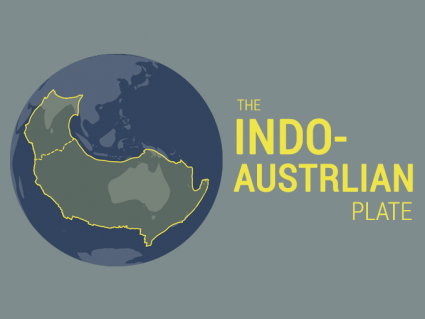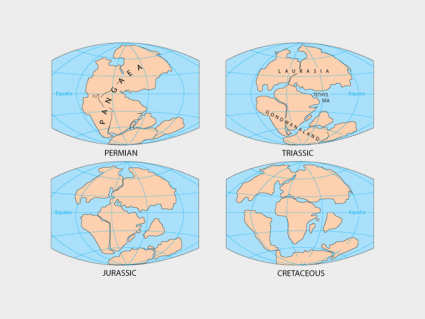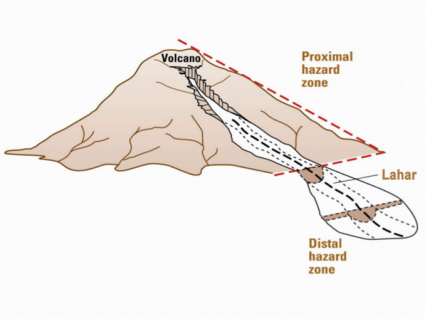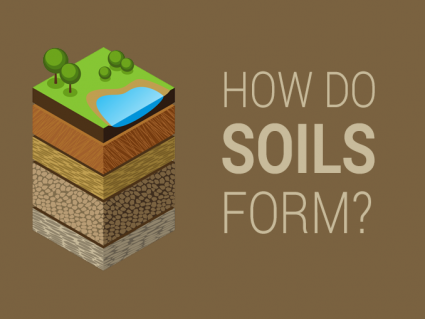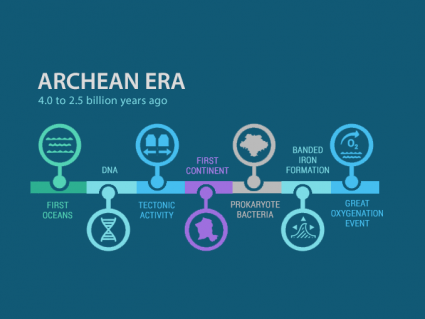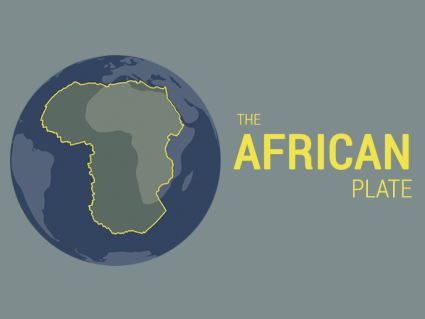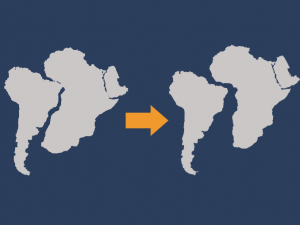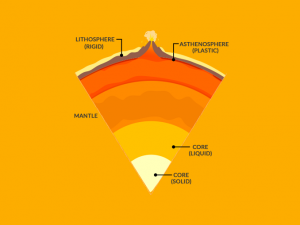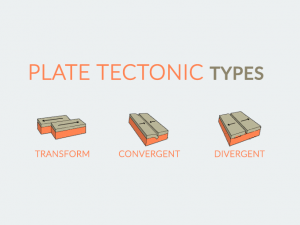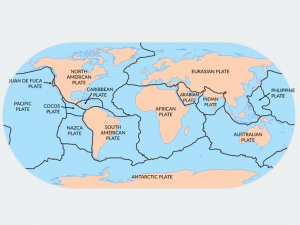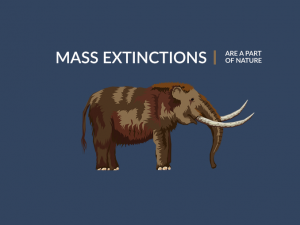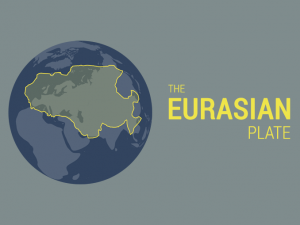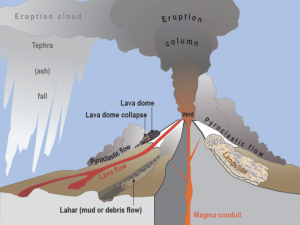Why Soil Is Important
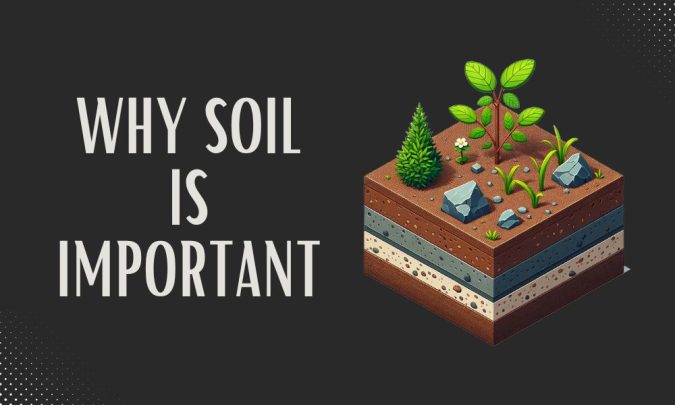
Soil is the unsung hero of our planet. It’s the foundation for forests, gardens, and agriculture. Without soil, life as we know it would be impossible.
In this article, we’ll explain why soil is important. You’ll learn about its benefits in the environment and how it supports life on Earth.
“Take care of the soil, and it will take care of you”
Why soil is important in agriculture
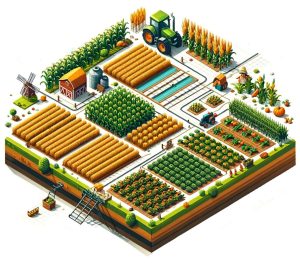
Soil is the backbone of agriculture because it provides nutrients to crops. Healthy soil means healthier and more productive crops.
Soil is packed with nutrients that plants need to grow. Also, soil holds water, which helps plants thrive. Roots spread out in the soil, giving plants a strong base.
Soil is full of tiny organisms. These organisms break down dead material, making the soil even richer. Good soil management prevents the land from wearing out, keeping farms productive.
Why soil is important for plants
Soil acts as a support system for plants. It’s important because it stores water and essential nutrients, which plants need to thrive. So, without soil, plants would struggle to grow and survive.
Additionally, soil is home to many microorganisms, like bacteria and fungi. They break down organic matter. This process releases nutrients back into the soil, making it fertile.
For example, earthworms aerate the soil, making it easier for plant roots to spread. While soil keeps plants healthy, it also helps purify water and stores carbon. Both of which fight climate change.
“Without soil, plants can’t anchor their roots.”
Why soil is important to the environment
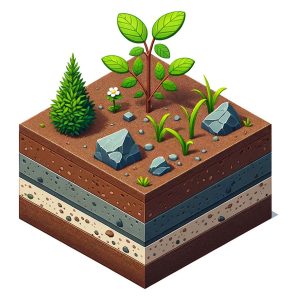
Soil acts like a big sponge in the environment. It cleans water and helps the planet breathe. Soil is a natural filter, cleaning water as it passes through.
Soil also stores carbon, helping to reduce greenhouse gasses. In fact, it contains approximately 75% of the carbon available on land. This carbon sequestration process acts as a massive carbon sink by lowering the amount of CO2 in the atmosphere.
Lastly, soil supports forests, wetlands, and other natural spaces key for life on Earth. So, soil is a key player in keeping our planet balanced and alive.
Why soil is important to humans
Soil is like Earth’s blanket. It covers the ground and holds everything in place. Soil supports the growth of plants, which we eat directly or use to feed animals. This makes soil the foundation of our food supply.
Our pedosphere does a lot more than just grow our food. It supports whole ecosystems. These ecosystems give us places to have fun and enjoy nature. They also keep our cultures alive through traditions connected to the land.
Also, soil purifies water by filtering out pollutants. This makes our drinking water cleaner. Plus, healthy soil prevents natural disasters like floods and droughts by absorbing water. So, in many ways, soil keeps us healthy, safe, and connected to nature.
Soil is the foundation of food production. It is where food begins.
Food and Agriculture Organization (FAO)
Why is soil conservation important?
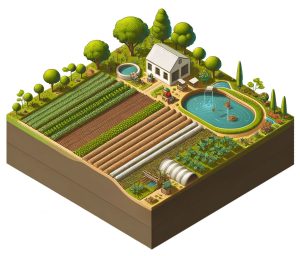
Soil conservation helps protect fertile soil from erosion, keeping it productive for farming. It prevents water pollution by reducing sediment and contaminants in rivers and lakes.
Conserving soil helps combat climate change by storing carbon. In turn, this reduces greenhouse gas emissions. Plus, it maintains biodiversity by preserving habitats for various plants and animals.
Lastly, it supports global food security, ensuring everyone has enough to eat. So, protecting soil is important for the environment, our food supply, and our future.
Organic matter in soil
Organic matter in soil comes from plants and animals that have died and decayed. It’s a key component because it improves soil structure, making it more porous.
This porosity allows the soil to hold more water and air, essential for plant roots. Organic matter acts like a sponge, retaining nutrients and water for plants to use. It also feeds soil microorganisms, which in turn support plant health.
Adding organic matter to soil can help bind soil particles together. It influences soil fertility, as decomposing organic matter releases nutrients plants need. Over time, organic matter can help improve the productivity of even the poorest soils.
Organic matter transforms soil into a living entity, capable of supporting life from the ground up.
Soil structure and health
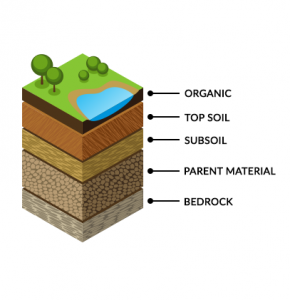
Soil structure refers to how particles of soil clump together to form aggregates. These aggregates determine how well the soil can hold water and air.
A good soil structure allows roots to penetrate easily, accessing water and nutrients. Healthy soil also has a balance of minerals, organic matter, air, and water. It supports a diverse community of organisms, like bacteria, fungi, and earthworms.
Soil health is essential for sustainable agriculture because it ensures crops can grow. Practices like crop rotation, cover cropping, and reduced tillage can improve soil structure and health.

